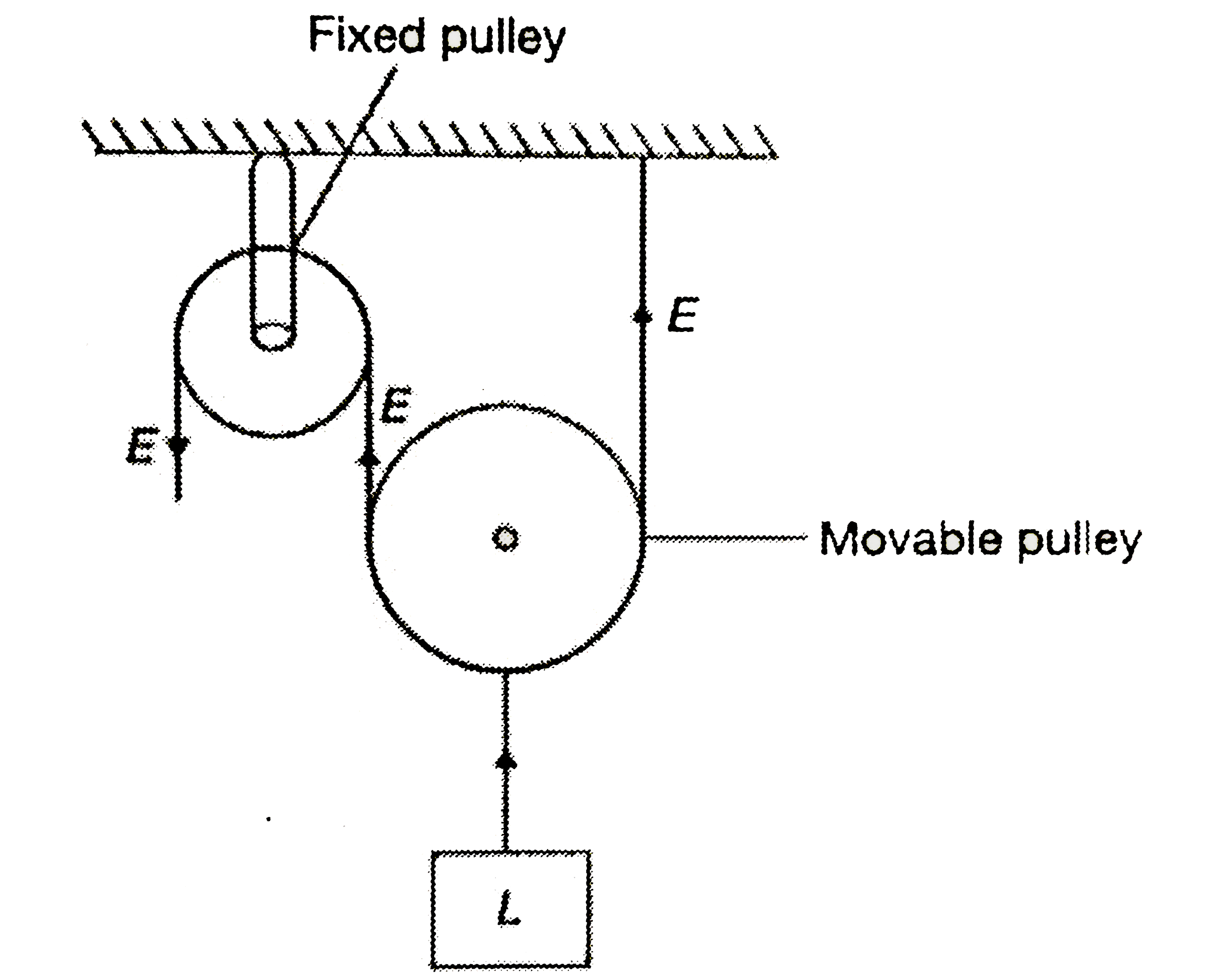Answer true or false:
The mechanical advantage of a machine is independent of friction.
To determine whether the statement "The mechanical advantage of a machine is independent of friction" is true or false, let's break down the concepts involved step by step.
Step 1: Define Mechanical Advantage
Mechanical advantage (MA) is defined as the ratio of the load (the weight or resistance being moved) to the effort (the force applied to move the load). Mathematically, it can be expressed as:
Mechanical Advantage (MA)=Load (L)Effort (E)
Step 2: Consider the Effect of Friction
When using a machine, such as a pulley, friction can play a significant role in how much effort is required to lift a load.
- Without Friction: If there is no friction, the effort required to lift the load is equal to the load itself. In this case, the mechanical advantage would be:
MA=LE=1
- With Friction: When friction is present, it opposes the motion, which means that more effort is needed to lift the same load. Therefore, the effort increases, leading to a change in the mechanical advantage:
MA=LE′
where E′ is the increased effort due to friction.
Step 3: Conclusion
Since the presence of friction affects the amount of effort needed to lift a load, it directly influences the mechanical advantage of the machine. Therefore, the statement that "the mechanical advantage of a machine is independent of friction" is false.
Final Answer
False
---
Mechanical advantage (MA) is defined as the ratio of the load (the weight or resistance being moved) to the effort (the force applied to move the load). Mathematically, it can be expressed as:
Mechanical Advantage (MA)=Load (L)Effort (E)
When using a machine, such as a pulley, friction can play a significant role in how much effort is required to lift a load.
MA=LE=1
MA=LE′
where E′ is the increased effort due to friction.
Since the presence of friction affects the amount of effort needed to lift a load, it directly influences the mechanical advantage of the machine. Therefore, the statement that "the mechanical advantage of a machine is independent of friction" is false.
False
Similar Questions
Knowledge Check
The mechanical advantage of tongs is
Aalways equal to oneBalways less than oneCalways greater than oneDsometimes less than one and sometimes greater than one.Derive the mechanical advantage of single fixed pulley?
Aalways equal to one.Balways less than one.Calways greater than one.Dsometimes less than one and sometimes greater than one.The mechanical advantage of a broomstick is _______ .
Aalways equal to one.Balways less than one.Calways greater than one.Ddependent on where it is held.
Define mechanical advantage of a lever.
View SolutionAnswer true or false.
The unit of mechanical advantage (M.A.) is Newton.
View SolutionThe mechanical advantage of a broomstick is ______.
View SolutionAnswer true or false.
The mechanical advantage of a broom stick is always greater than 1.
View SolutionFind the mechanical advantage of the below figure:

View Solution
